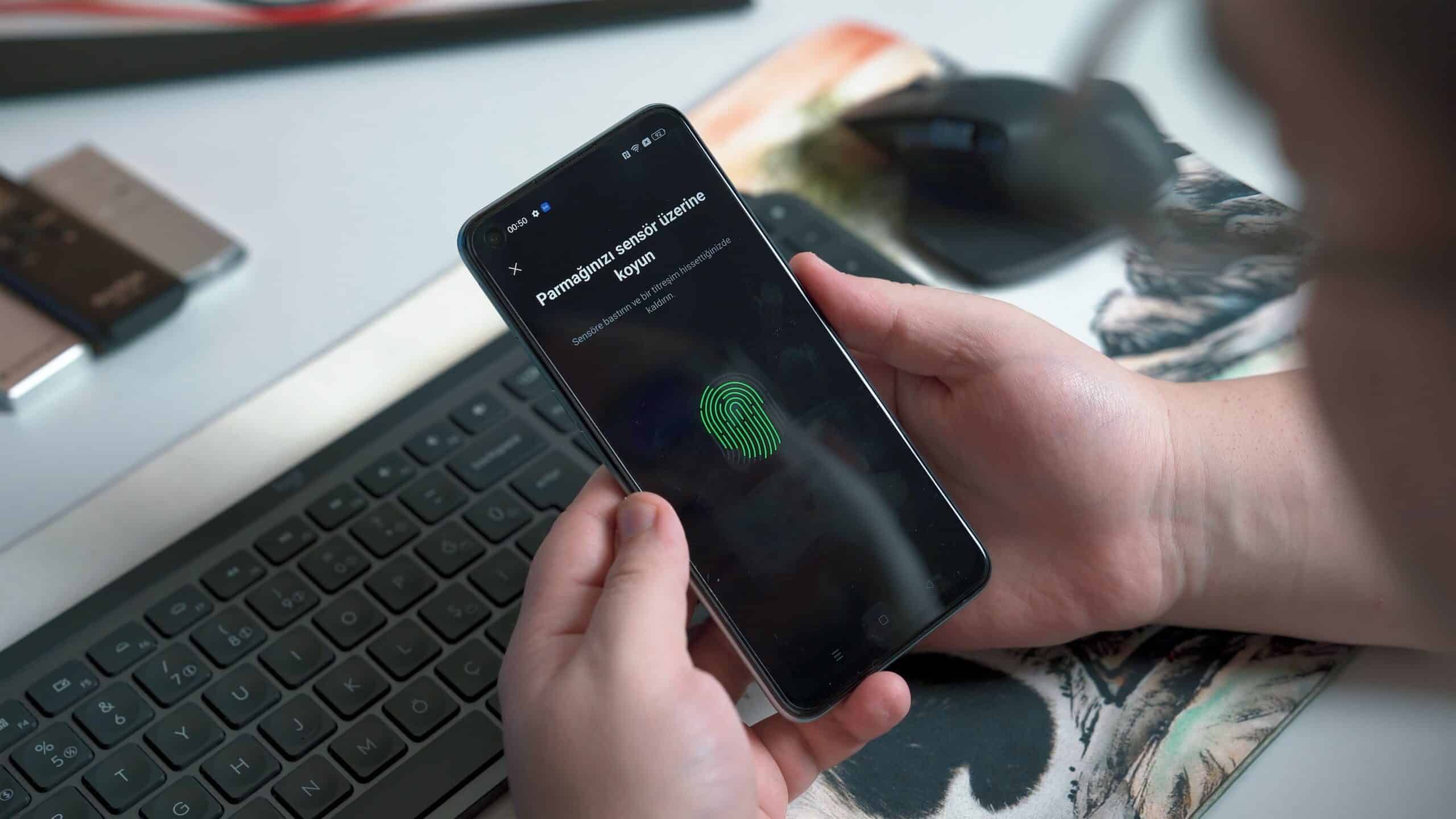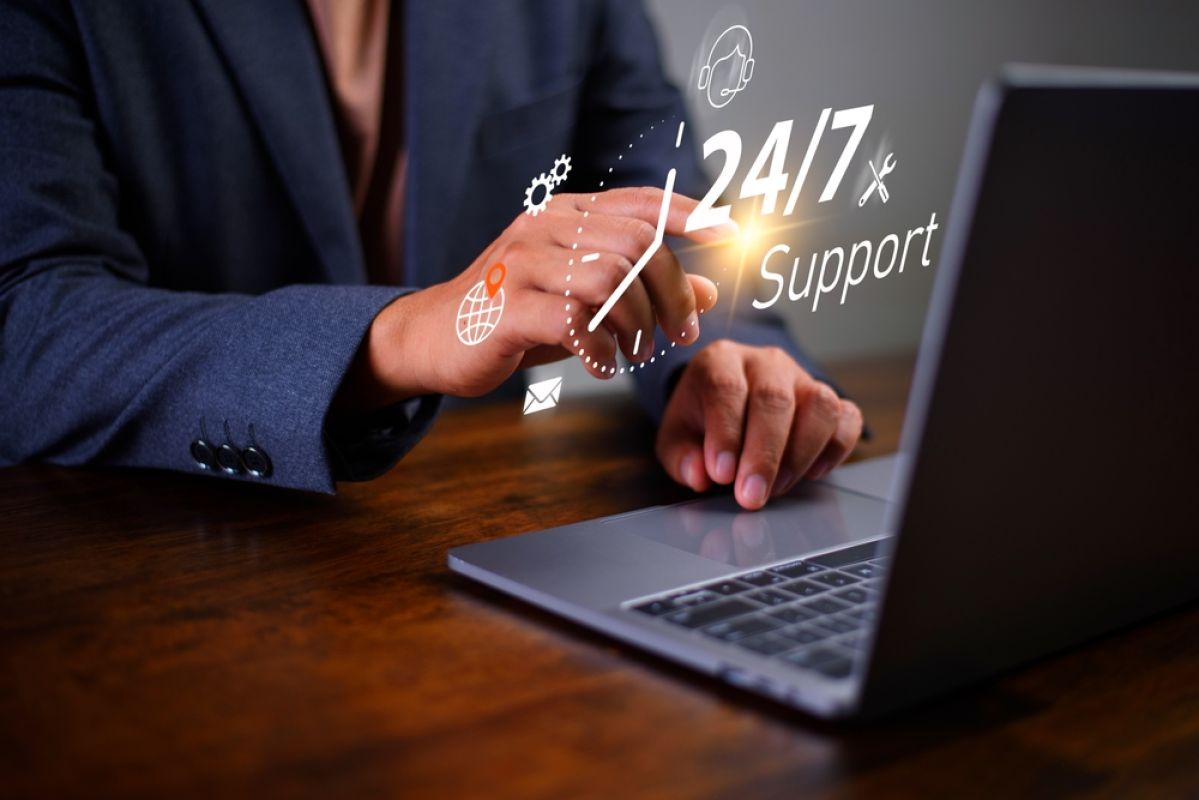

A Future Without Password Authentication: New Technologies and Possibilities
In a world where cyber threats are on the rise, securing digital assets has never been more critical. With artificial intelligence (AI) becoming more advanced by the minute, the total damage of cybercrime is expected to rise from $11.5 trillion in 2023 to $23.8 trillion in 2027.
If your company still relies on traditional password authentication systems, it might be time for a change. But how do you combat an ever-growing AI presence? And, what cybersecurity solutions are out there for you?
Innovative Technologies Applied to Password Authentication
For a company holding sensitive information, there is a lot at stake. It’s essential to familiarize ourselves with the technologies surrounding password authentication. That way, you enhance security, minimize vulnerabilities, and offer a better experience to customers.
Biometrics
It doesn’t seem that long ago that your smartphone could open with a touch of a finger. And now it’s getting more difficult to fool, with additional security such as facial recognition.
By leveraging unique physical traits like fingerprints, facial features, and voice patterns, biometric authentication provides a higher level of security compared to traditional methods. Plus, users no longer have to remember complex passwords — meaning biometrics also simplifies the password authentication process.
The National Institute of Standards and Technology (NIST) agrees that biometric authentication is a cost-effective and robust measure for enhanced security.
Blockchain Technology
While biometric authentication is different from blockchain technology, the goal remains constant: enhanced security. Think of blockchain as a digital notebook that keeps a highly secure record of information.
This technology uses something called “private keys,” which are just like keys in real-life. They’re a 100% unique digital signature only the owner can access. Using a private key is like using a code in a personal digital vault.
And here’s what makes the blockchain unique: instead of storing all the data in one place, it is spread across many computers, making it difficult for anyone to change or steal it. This way, the chances of hacking each and every server with extremely secure, encrypted networks are infinitesimal.
Artificial Intelligence
AI poses a dilemma. It can massively hurt and help password authentication simultaneously. On the positive side, it’s like having a genius personal assistant that can learn and adapt to different situations.
For example, AI can analyze how someone types, moves their mouse or interacts with a website to determine if it’s really them. Additionally, AI can help build the strongest passwords possible, whether it’s building solid biometric identification software or providing password requirements.
Lastly, this new advent of AI is like the emergence of the internet. You should aim to be a part of it. Those who ignore it will fall behind, and the businesses that use it will stay ahead. And in password authentication, AI will help keep your data safe.
The Bottom Line
As cybersecurity solutions continue to grow, so do the threats. But with each threat comes a new type of protection. And in 2023 and beyond, we’re likely to continue seeing a rise in the use of AI, blockchain technology, and biometrics to secure our data.
If you’re looking for managed IT security solutions, look no further than LeadingIT.
LeadingIT offers 24/7, all-inclusive, fast and friendly technology and cybersecurity support for nonprofits, manufacturers, schools, accounting firms, religious organizations, government, and law offices with 20-200 employees across the Chicagoland area


